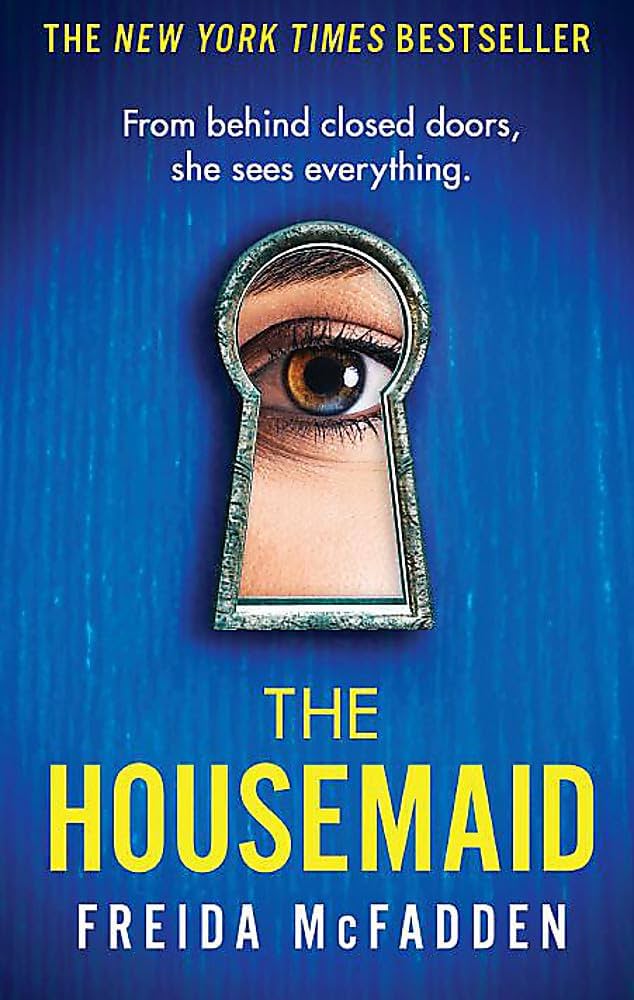Prologue
byPrologue opens with the protagonist in a state of escalating panic, aware that they are stuck in a seemingly inescapable situation. They are keenly aware that leaving the house now would not only be impossible but would also likely result in their immediate arrest. The decision to run, which they now regret not taking earlier, lingers in their mind like a missed opportunity. The police are in the house, and their discovery of a body upstairs has turned what was once an uncertain situation into a dire one. There is no turning back now. The weight of their predicament presses down on them, as they are moments away from being read their rights. The thought crosses their mind that the police haven’t yet formally charged them—maybe they’re hoping to extract more information before making that move. It’s a slim hope, but the protagonist knows their window for escaping this mess has closed.
The protagonist’s attention is drawn to the detective beside them, a man with graying black hair and a bulky build who sits comfortably on the lavish burnt-caramel Italian leather sofa. His frame seems almost out of place on such an expensive piece of furniture. The protagonist finds themselves wondering about his life outside this interrogation room, imagining him in a much less refined setting—perhaps a tacky, worn-out sofa at home, with rips and stains, far removed from the plush luxury he’s currently lounging on. This momentary distraction, however, doesn’t last long as the horror of the situation sinks back in. While the protagonist’s mind briefly drifts to trivial thoughts, the detective’s mind is focused on something far darker—the discovery of a dead body in the attic. The reminder of that grim reality only heightens the tension in the room. The question about the body is not just a formal inquiry but also a push for a response, a critical point in the unfolding investigation.
The protagonist’s anxiety grows as the detective’s question hangs in the air, the silence amplifying the uncertainty. The need to give a clear, concise answer is overshadowed by their internal struggle over whether or not to invoke their right to a lawyer. They are unsure about how the process works, caught between fear of saying the wrong thing and a need to protect themselves. Even though they know the right course of action is to ask for legal representation, the circumstances feel so overwhelming that their usual sense of self-preservation falters. The protagonist hesitates for a moment, wondering if it’s too late to make the right choice. When they finally answer, it’s with the simplest truth they can muster: they found the body about an hour ago. But even as they say these words, they realize they are only telling part of the story. The full truth—what led to this discovery, what they might have done or seen—remains unspoken, tucked away in the corners of their mind.
This chapter masterfully captures the protagonist’s growing unease as they try to navigate the interrogation while dealing with the reality of their situation. Each question from the detective seems more probing than the last, adding layers to the tension that is steadily building in the room. The protagonist feels like they are teetering on the edge, unsure whether to give in to the pressure and reveal more than they should, or to hold back, risking more serious consequences. The complexity of the situation is reflected in their internal conflict, as they try to maintain composure while the weight of the discovery upstairs looms over everything. The idea of being trapped, not just physically in the house but emotionally in this conversation, starts to feel suffocating. The tension is not only about the dead body but also about the unraveling of the protagonist’s own actions and decisions, which have brought them to this moment. This chapter, with its psychological depth, explores the fear and confusion of someone caught in a web of circumstance, torn between self-preservation and the consequences of their own choices. It highlights the complexity of dealing with an investigation where every word can mean the difference between freedom and guilt. The protagonist is left to wrestle with the ambiguity of their own involvement, knowing that any misstep could change the course of the entire situation.


